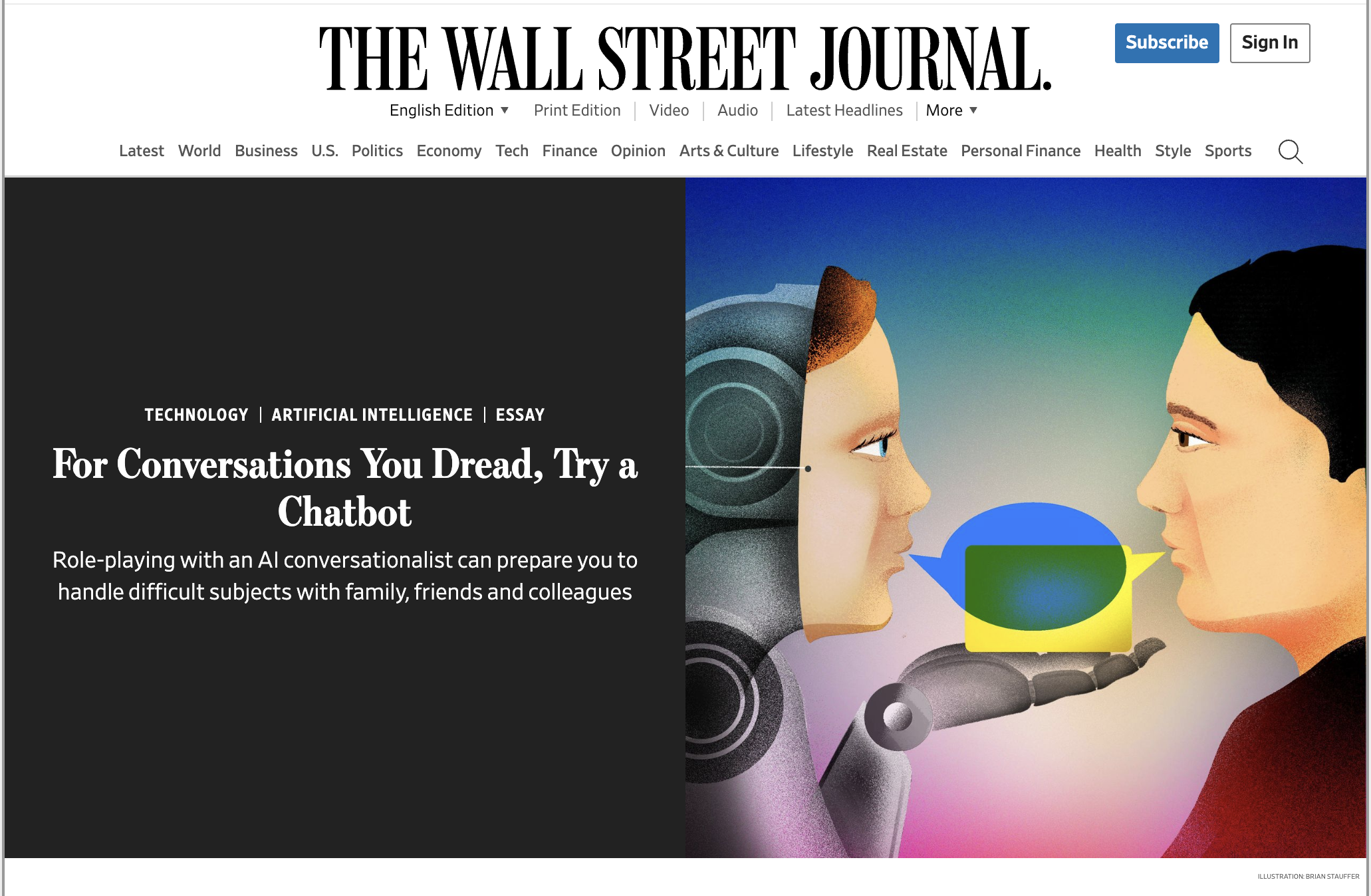Bypass Bureaucracy
“They did a handshake because they knew that if we got everyone involved, we would never get this idea out the door. We knew we had this magical thing, but we knew that it would NOT happen…”
That’s Liz Matthews, Head Chef of Taco Bell’s describing how the Doritos Locos Taco (which, as an aside, “According to Bloomberg News, Taco Bell sold over a billion dollars' worth of these things in the first 20 months after their launch in 2012”) came into existence, on Malcolm Gladwell’s fabulous podcast about cultural appropriation. I, of course, couldn’t help but be drawn to the practical (or in this case, perhaps impractical except to the CEO’s out there) techniques to be gleaned from the otherwise culturally-oriented thought piece.
Gladwell: “How did this happen? Did the lawyers have to get involved?”
Matthews: “The story really is, it was a handshake.”
Gladwell: “The CEO of Taco Bell and CEO of Doritos worked it out 1 on 1.”
Matthews: “They did a handshake because they knew that if we got everyone involved, we would never get this idea out the door. We knew we had this magical thing, but we knew that it would NOT happen…
My favorite part:
Matthews: “(After the deal was done) All the lawyers were like, ‘What did you do?!?”
The truth is, there are a lot of reasons why ideas like this should NOT exist. Lawyers and bureaucrats make rules for good reason. But here’s the thing: they’re often looking for flaws. Finding flaws is the basic incentive of many roles in an organization, and not wrongfully. Sometimes though, when you’ve got a really wild idea on your hands, you need to bypass bureaucracy entirely.
In his fantastic lecture at Harvard’s Graduate School of Design, Virgil Abloh said, “The original design intention (was to try to) make an impossible product. Product that doesn’t seem like it would make it through a legal department. That’s an ongoing thing.”
It’s a worthy goal for all innovators to pursue.
Related: Look For What’s Right
Click here to join over 7,847 creators & leaders who read Paint & Pipette each week










Cleverly deploying AI is not merely speeding up innovation—it's unlocking a fundamentally different relationship with the creative process. Here’s how to shift from operation, to orchestration.